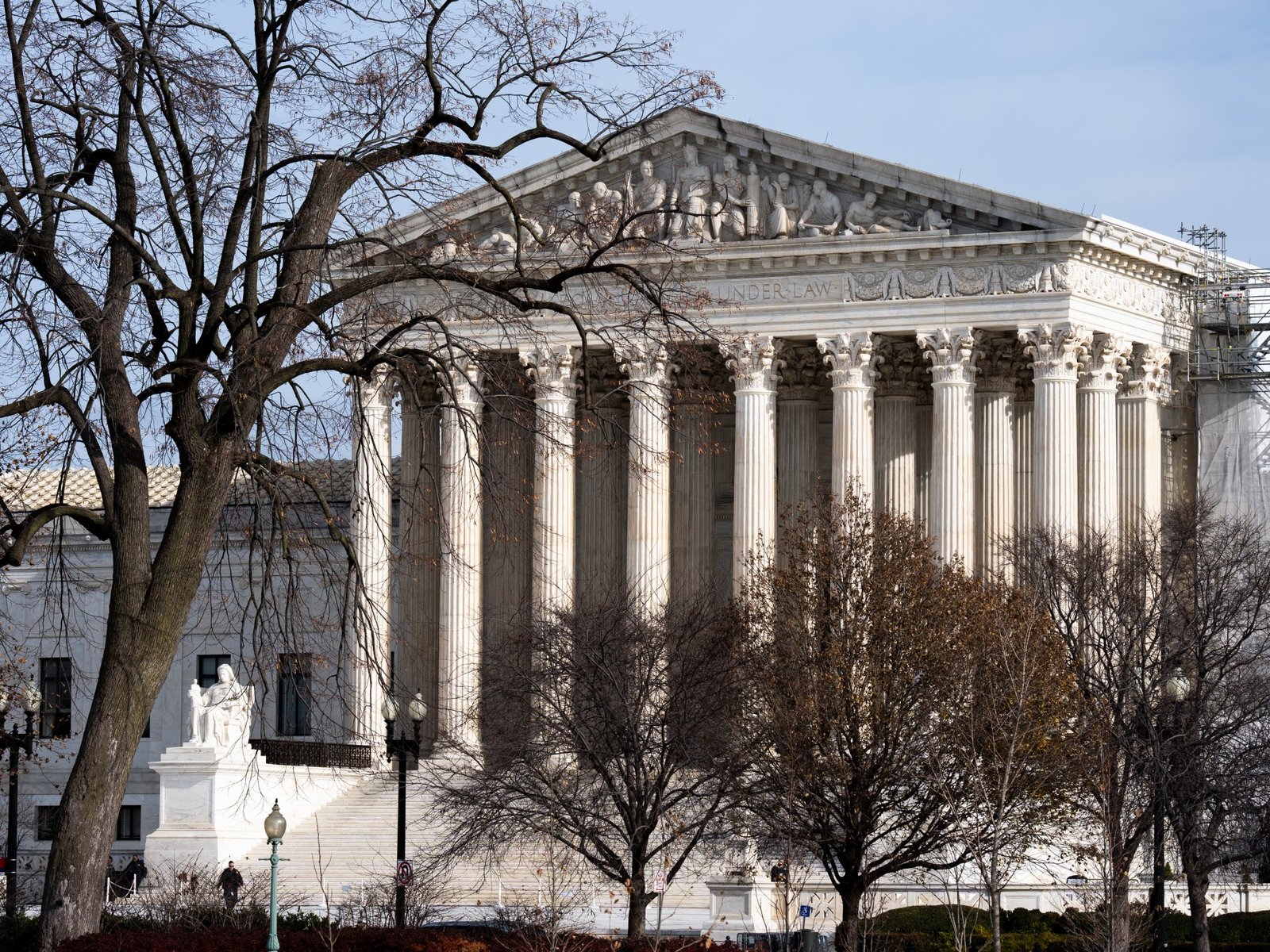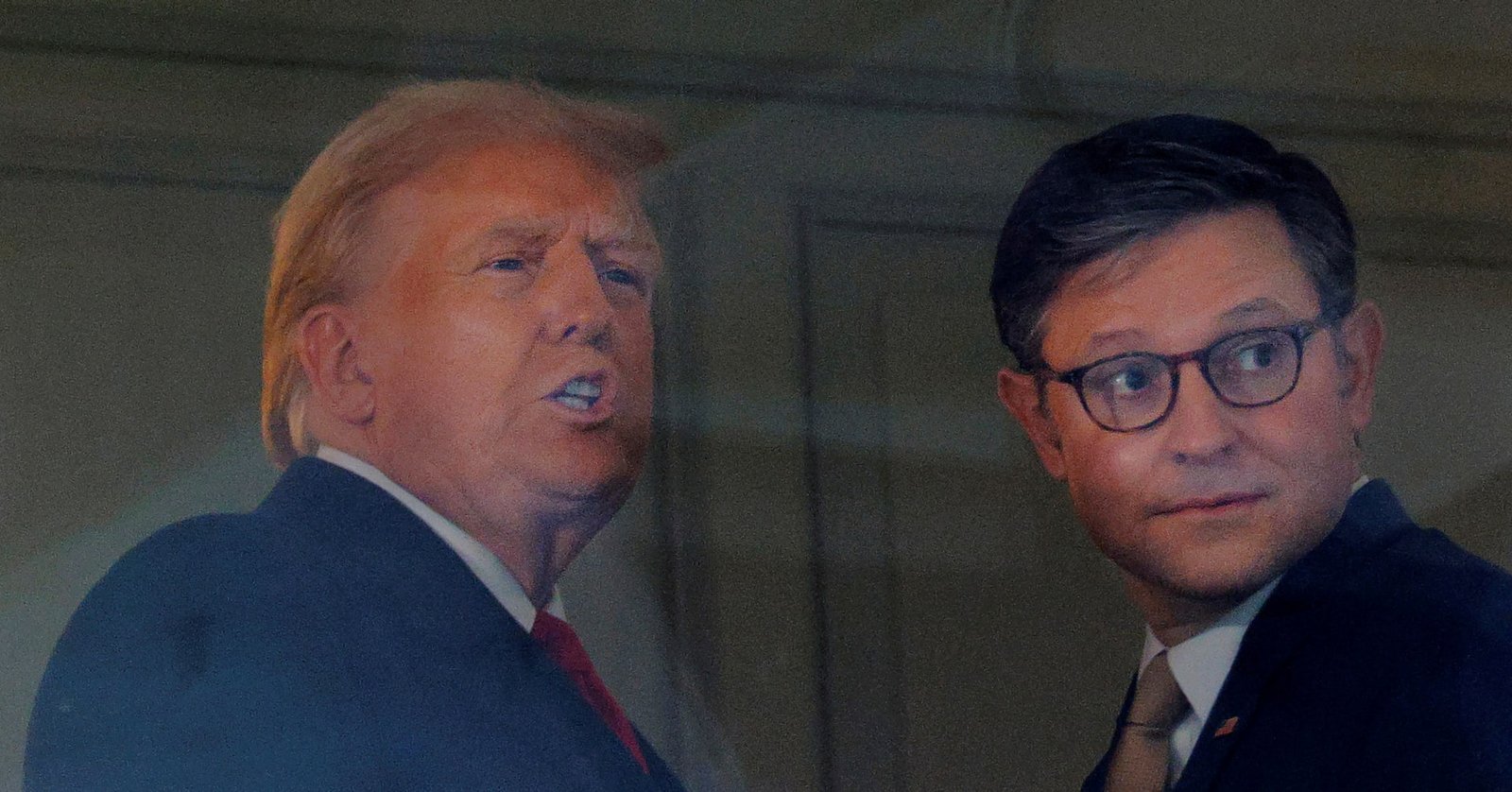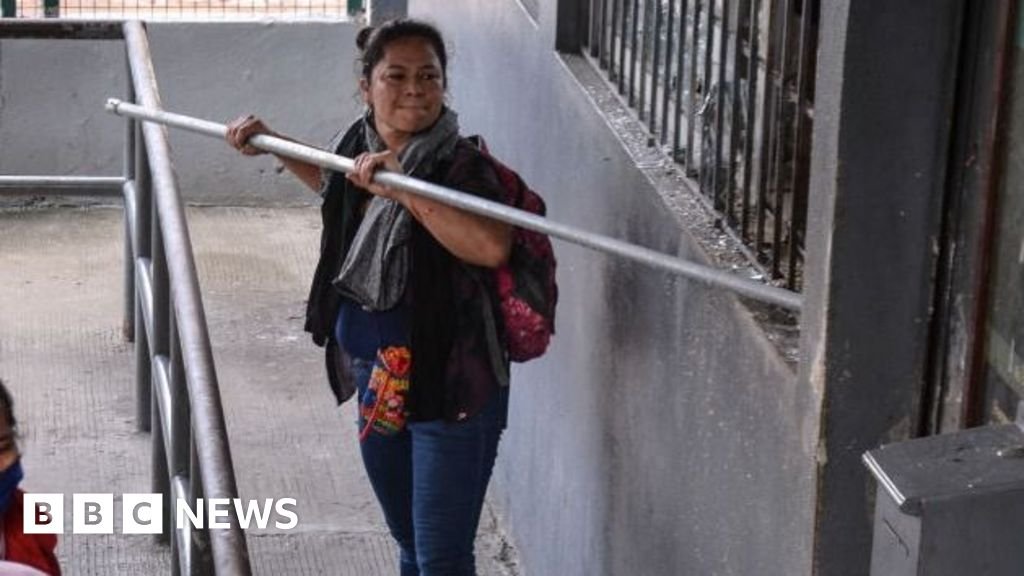AMSTERDAM, Nov 13 (Reuters) – Israel has questioned the impartiality of an International Criminal Court judge appointed to a panel deciding whether an arrest warrant should be issued for Israeli Prime Minister Benjamin Netanyahu.
The move could further delay a decision in the case, in which the ICC chief prosecutor filed a request in May for arrest warrants against Netanyahu, Israel’s then defence minister, Yoav Gallant, and three Hamas leaders over the Gaza war.
The request requires the approval of ICC judges but their decision has been delayed, partly because of several rounds of legal filings by Israel challenging the court’s jurisdiction.
In a further delay, Romanian magistrate Iulia Motoc, citing health grounds, asked last month to leave the three-judge panel that is reviewing the request for arrest warrants. She has been replaced by ICC Judge Beti Hohler, who is Slovenian.
The Office of the Attorney-General of Israel said in a statement, dated Nov. 11 and seen by Reuters on Wednesday, that Hohler had worked for the Office of the Prosecutor before she was elected as an ICC judge last December.
“Israel respectfully requests that judge Beti Hohler provide information to clarify whether there are (or are not) grounds to reasonably doubt her impartiality,” it said.
“Israel does not suggest that judge Hohler’s previous employment with the OTP necessarily or automatically gives rise to a reasonable apprehension of a lack of impartiality,” it said. “However, judges of this Court have acknowledged that previous duties within the OTP may, depending on the circumstances, give rise to a reasonable apprehension of bias.”
Filing the request for arrest warrants in May, the ICC’s chief prosecutor said there were reasonable grounds to believe that Netanyahu, Gallant and the three Hamas leaders had committed war crimes and crimes against humanity. All three Hamas leaders are now dead or believed to be dead.
The court has no set deadlines, but has generally taken about three months to rule on requests for arrest warrants in previous cases.
Sign up here.
Reporting by Benoit Van Overstraeten; Editing by Timothy Heritage
Our Standards: The Thomson Reuters Trust Principles., opens new tab















